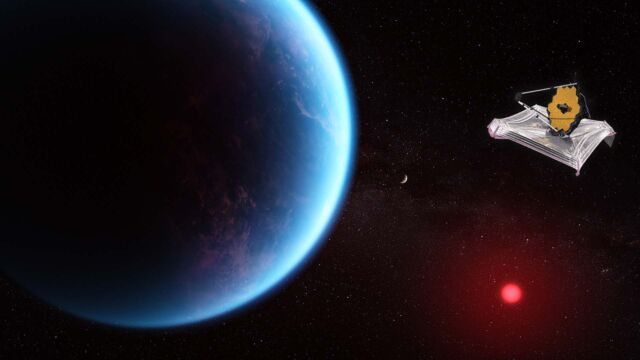Amid a furious backlash against Brussels’ environmental agenda, EU nations have supported expanding nuclear energy licences and lowering legislation to safeguard biodiversity.
A declaration that places “other non-fossil” energy sources on par with renewables in efforts to decarbonise was agreed upon by EU ambassadors on Friday as a result of months of French lobbying to promote its nuclear industry.[1]
In the EU’s guidelines on renewable energy, certain member states, including Germany, Austria, and Luxembourg, rejected included “low carbon” energy sources like nuclear because they thought it might discourage investment in other possibilities like wind and solar power.
However, France’s threat to obstruct the adoption of the EU’s renewable energy targets compelled the European Commission to submit a second declaration that recognised the value of nuclear, which Germany eventually backed.
The document said the commission “acknowledges that other sources of fossil-free energy than renewable energy contribute to reaching climate neutrality by 2050 for member states who decide to rely on such energy sources”.
Most countries, including France and Germany, accepted significant adjustments to the EU’s centrepiece law to repair damaged ecosystems, giving national governments much more flexibility in implementing the changes.
The commission first intended the Nature Restoration Law to preserve and revitalise European landscapes harmed by years of pollution or intensive agricultural usage.
Additionally, it should ensure that the bloc fulfils the 30% of the world’s ecosystems to be restored and conserved that were agreed upon at the COP15 biodiversity conference last year.
References
- Alice Hancock, ‘EU states back nuclear energy while diluting biodiversity reforms’, Financial Times, 16 June 2023, https://www.ft.com/content/ee8cfeb4-4c33-4f83-ad64-6b009ab5083a[↩]





